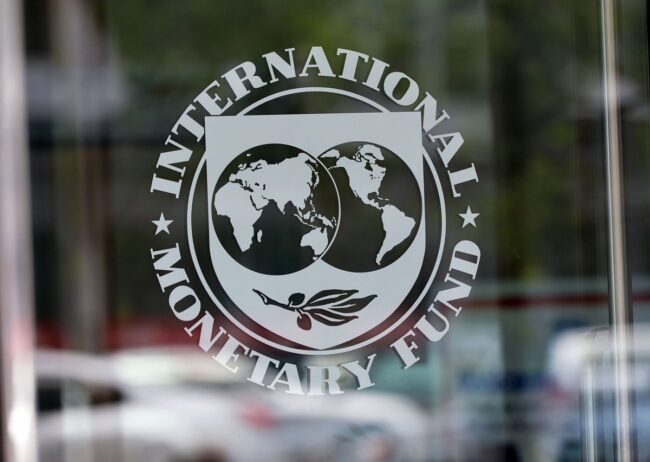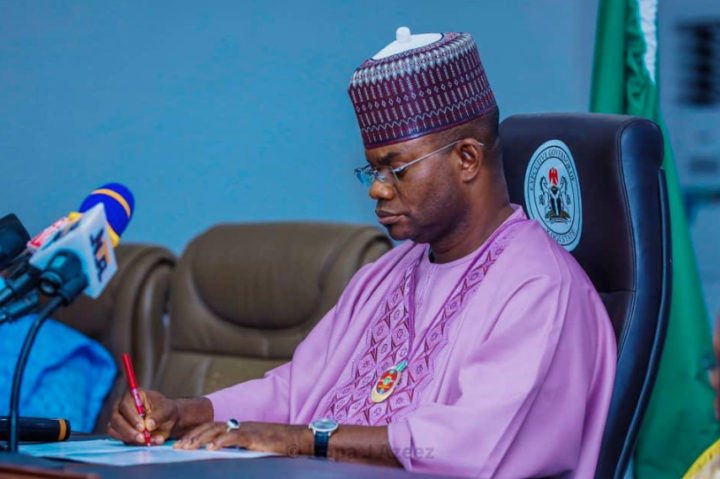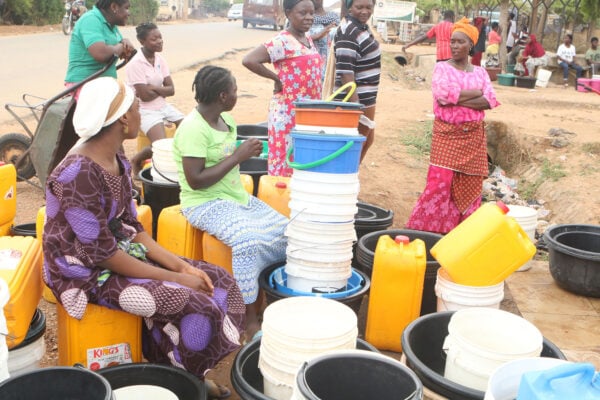The International Monetary Fund (IMF) says it will propose a $650 billion special drawing rights (SDR) to boost international reserves of its member countries.
Kristinalina Georgieva, managing director of IMF, disclosed this during a press briefing at the ongoing virtual IMF-World Bank spring meetings, on Wednesday.
SDR is an international reserve asset created by the IMF from a pool of currencies.
It is an artificial currency that IMF member states can exchange for freely usable hard currencies like US dollars.
Advertisement
The value of the SDR is not static as it changes daily as posted on the IMF’s website. One SDR is currently worth about $1.42.
Georgieva said the proposed SDR will help countries boost liquidity and enhance economic recovery.
“We continue to step up in an unprecedented way. So far, we have supported 86 countries with over $110 billion using a variety of instrument,” she said.
Advertisement
“Our lending to Sub-Saharan Africa last year was 13 times more than the annual average of the previous decade.
“We have supported 160 countries with technical assistance and training and 29 of our poorest members through debt service relief, recently extended.
“As indicated by the G20 today, we will propose a new Special Drawing Rights (SDR) allocation of $659 billion. This will help address the long-term global needs for reserve assets and provide a substantial liquidity boost to all our members especially the most vulnerable.”
During her address, Georgieva made a public presentation of the 2021 IMF global policy agenda.
Advertisement
She urged governments across the world to utilize the COVID-19 vaccine made available by scientists.
The IMF MD added that governments must provide needed structures to assist women, youths and other groups in recovering from the effect of the pandemic.
“The key is to support vulnerable households so long as the crisis is with us. This requires targeted fiscal measures and maintaining favourable financial conditions,” she said.
“Given divergent recoveries, we need careful communications by major Central Banks and we prudent policies in emerging and developing countries to minimise harmful financial spillovers.
Advertisement
“This is particularly important for low-skilled workers, youth and women who have borne the brunt of the crisis. Viable small businesses need more help through equity injections and better restructuring procedures. And once the recovery is firmly underway, governments need to ground fiscal policies in credible medium-term frameworks.”
Advertisement
Add a comment






